- Tags:
- Aokigahara / bad manners / complaint / dumping / Jukai / Sea of Trees / Trash
Related Article
-
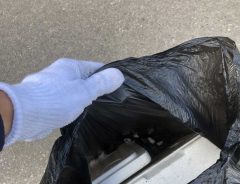
Shiretoko World Heritage site staff chide litterbugs after an increase in discarded waste
-

Tokyo civil servant reported for eating ice cream in front of convenience store
-
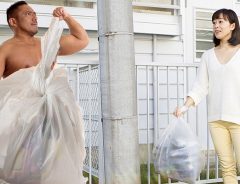
Japanese City Official Arrested For Throwing Out Trash Completely Naked
-
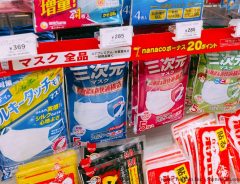
Japanese pharmacy clerk releases list of the worst COVID-19 customers
-
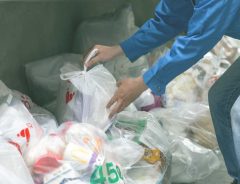
Why do rich Japanese people throw out less trash? Japanese TV announcer gives theory
-

Pizza lovers in Japan! Don’t make this mistake when discarding pizza boxes
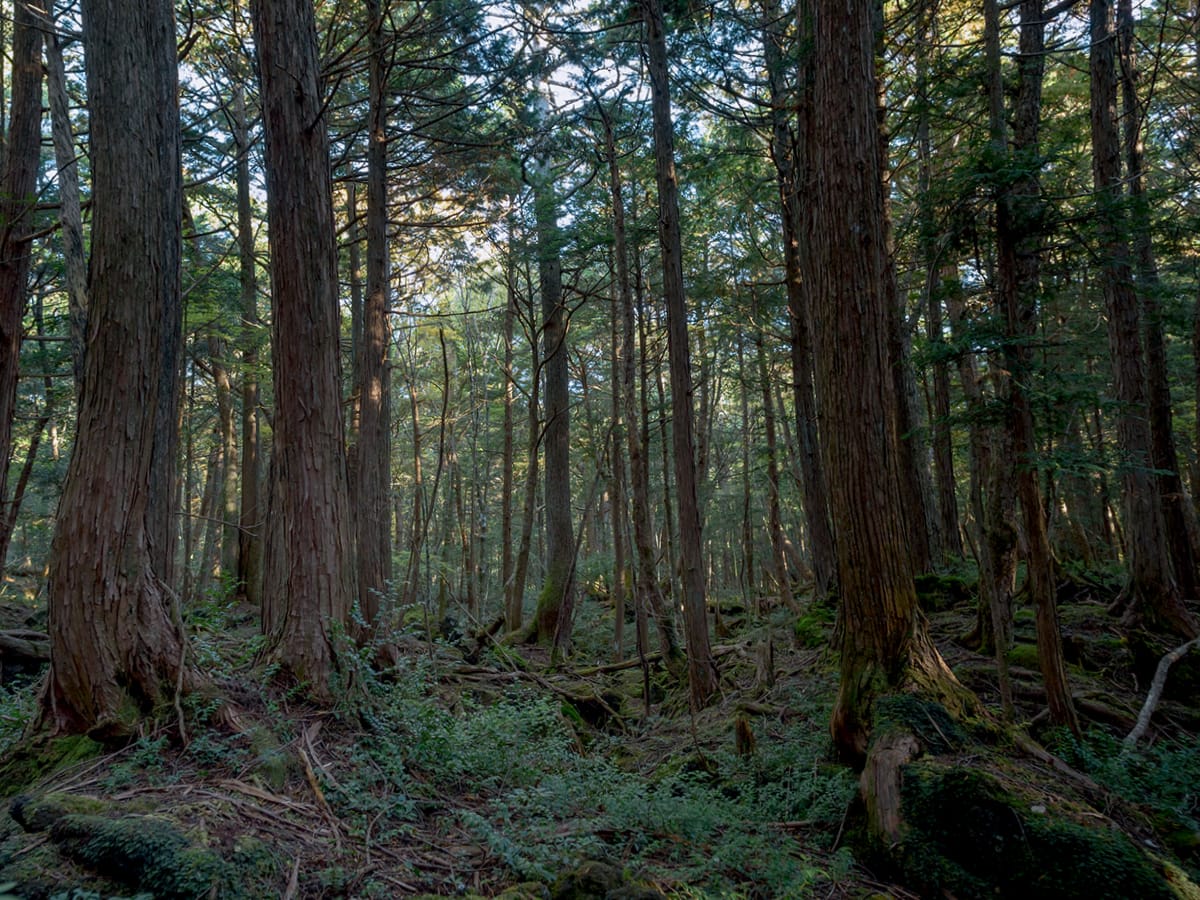


Japan's "Sea of Trees" (樹海 jukai), or "Blue Tree Meadow" (青木ヶ原 aokigahara) as it's also called, is one of Japan's most famous forests situated on the northwestern flank of Mount Fuji. While the caves on the Western edge are popular with tourists, the denser parts of the forest have long been associated with ghosts, making it the topic of more than a few horror films, both in Japan and abroad.
For the past 22 years, Japanese mountaineer and environmental activist 野口健 Ken Noguchi has engaged in trash cleanup acitivites in and around Mount Fuji. He also makes regular trips to Aokigahara.
Of course, you can expect trash to smell bad, but the stench that he has been dealing with in recent years in the forest is the result of a particular offensive problem:
Unbelieveably, plastic bottles containing human urine are being dumped there.
The place where this abhorrent practice occurs is along a national highway that goes through the forest.
On November 19th, 2022, Noguchi reported on his most recent cleanup excursion at the famous forest. Again, there were plastic bottles filled with urine in them, and he revealed, "Today's site was particularly bad."
Aged urine was leaking from deteriorated plastic bottles, and the surrounding area was filled with a foul stench.
Some of the images in the Tweets below may offend your sensitivities. Click on View at your own discretion.
The situation was so bad that even those who were participating in the cleanup activities were shocked.
While surmising that lifestyle changes stemming from the novel coronavirus pandemic may be partly to blame for the increase, he condemns the practice, saying: "People who throw away plastic bottles filled with urine don't stop to consider that there are people who pick them up."
Noguchi's complaint on Twitter elicited numerous responses, such as:
Garbage doesn't always return to Nature. Sometimes, it gets picked up by cleanup volunteers like Mr. Noguchi, who then dispose of them in the appropriate places.
Hopefully, Noguchi's Tweets will encourage more people to dispose of their own garbage properly, rather than thinking: "Someone else will take care of it."